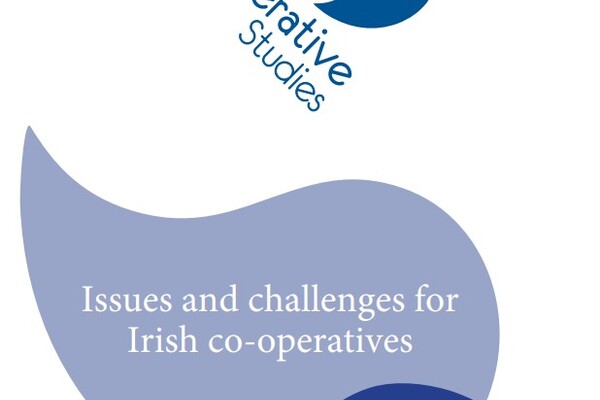Journal of Co-operative Studies, 54(3) - No. 163
Editorial
Jan Myers, pp. 3-5
Editorial
Peer reviewed papers
Co-operative Principles and Values: Does the talk match the walk?
![]() Shahid Ghauri, Tim Mazzarol, and Geoffrey N. Soutar, pp. 7-22
Shahid Ghauri, Tim Mazzarol, and Geoffrey N. Soutar, pp. 7-22
The power of co-operatives: Converting monopolists into self-regulating and efficient organisations.
![]() Morris Altman, pp. 23-32
Morris Altman, pp. 23-32
![]() Steve Graby, pp. 33-44
Steve Graby, pp. 33-44
Accounting and reporting for co-operatives: A UK perspective.
![]() Ian Adderley, Elisavet Mantzari, Maureen McCulloch, and Daphne Rixon, pp. 45-57
Ian Adderley, Elisavet Mantzari, Maureen McCulloch, and Daphne Rixon, pp. 45-57
Short papers
The Case for a Community Bank for Wales: Banc Cambria.
![]() Alex Bird, pp. 58-66
Alex Bird, pp. 58-66
![]() Edgar Parnell, pp. 67-72
Edgar Parnell, pp. 67-72
Interview: Rose Marley — CEO, Co-operatives UK: The distribution of power and wealth
![]() Mike Wistow, pp.73-77
Mike Wistow, pp.73-77
Book reviews
Worker co-operatives in India. By Timothy Kerswell and Surendra Pratep.
![]() François Deblangy, pp. 78-80
François Deblangy, pp. 78-80










